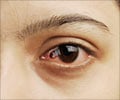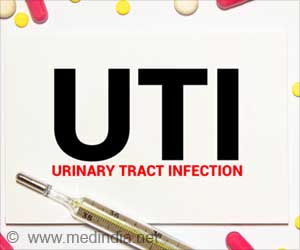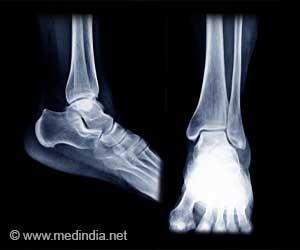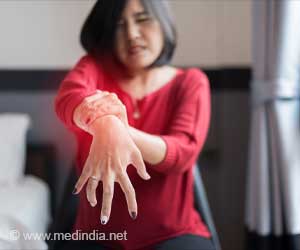The application of eye drops not only prevented the deterioration of neurons, specifically photoreceptors, within the retina.
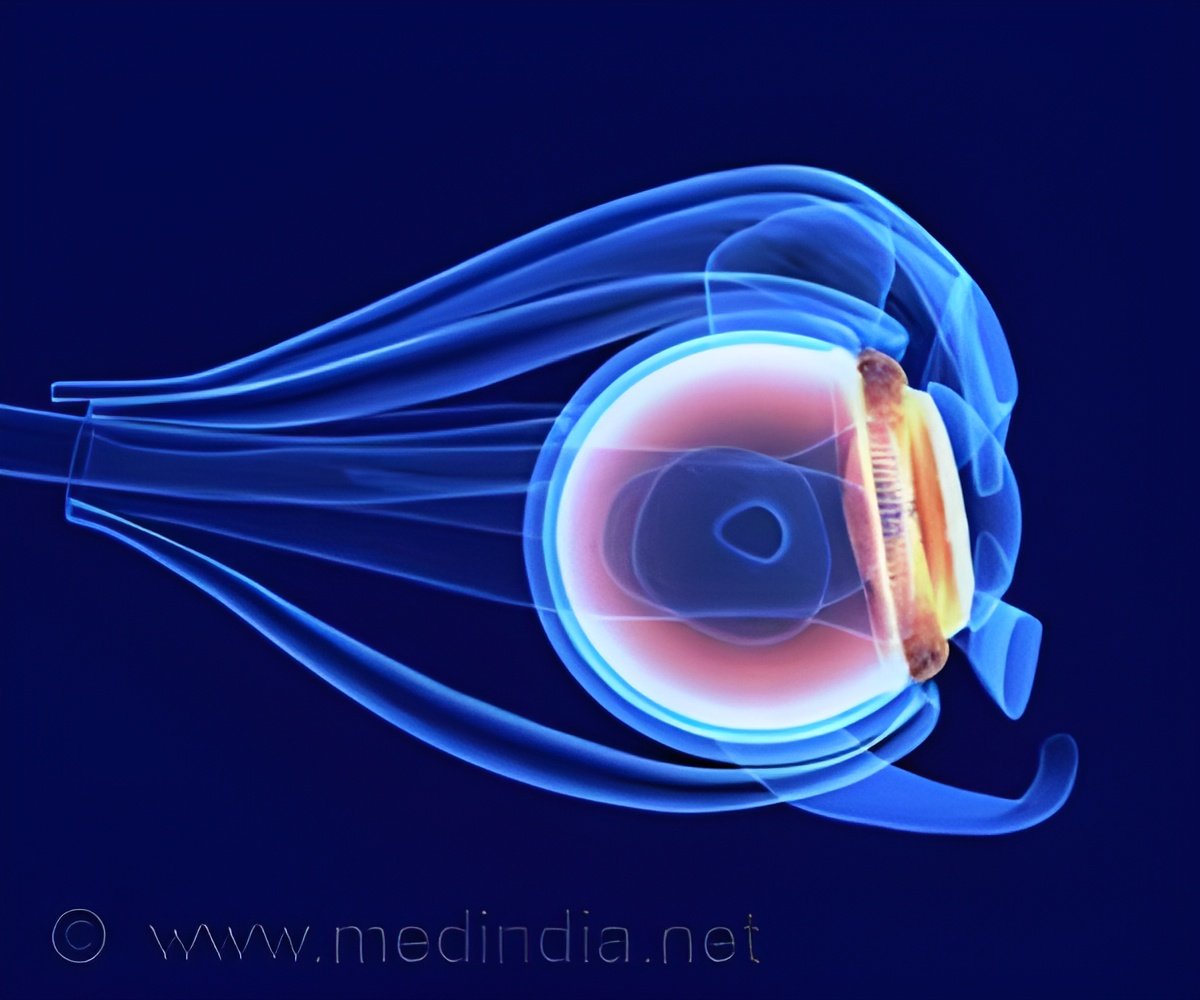
Caspase-9 inhibition confers stronger neuronal and vascular protection compared to VEGF neutralization in a mouse model of retinal vein occlusion
Go to source).
What is Retinal Vein Occlusion
Retinal vein occlusion (RVO), an eye disease that affects up to 2% of people over age 40, occurs when a vein in the eye’s retina becomes blocked, leading to swelling in the eye, inflammation, damage to the retina, and vision loss. Standard therapy involves injecting into the eye a vascular endothelial growth factor inhibitor (anti-VEGF) that reduces swelling. The therapy can improve vision but patients with significant retinal damage due to impaired blood flow often have poor outcomes.‘In mice with retinal vein occlusion, an experimental eye drop treatment exhibited twice the effectiveness of standard injection therapy in reducing swelling and enhancing blood flow. #retinaldisease’





“Anti-VEGF therapy has helped a lot of people with RVO, but the fear factor—having to get a needle in the eye—causes many people to delay treatment, which can lead to retinal damage,” says Carol M. Troy, MD, PhD, professor of pathology & cell biology and of neurology at Columbia University Vagelos College of Physicians and Surgeons. “There’s an opportunity to help more people with this disease that is a leading cause of blindness worldwide.”
Eye Drops Target ‘Death Enzyme’
The eye drops contain an experimental drug that blocks caspase-9, an enzyme that triggers cell death, and was found by Troy’s lab to be overactive in blood vessels injured by RVO.“We think the eye drops improve the health of blood vessels in the retina, which then decreases the toxic signaling that damages the retina’s neurons and leads to vision loss,” says Maria I. Avrutsky, PhD, the study’s first author who conducted the research as a postdoc in the Troy lab.
Future studies are aimed at preparing to test the eye drops in human clinical trials and identifying additional therapeutic targets.
“Finding the root cause of RVO is the holy grail, but if we can at least provide better symptomatic relief that doesn’t distress patients, it would be a really good start,” Troy says.
Reference:
- Caspase-9 inhibition confers stronger neuronal and vascular protection compared to VEGF neutralization in a mouse model of retinal vein occlusion - (https://www.frontiersin.org/articles/10.3389/fnins.2023.1209527/full)


